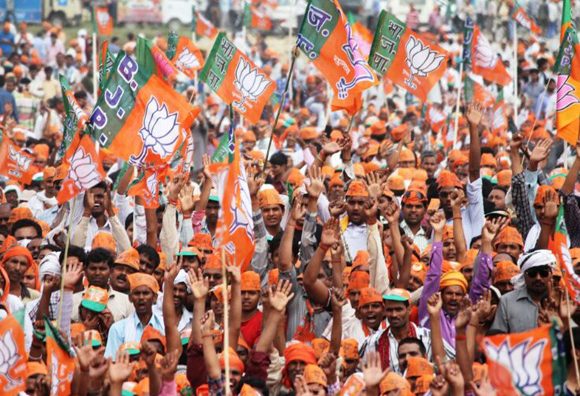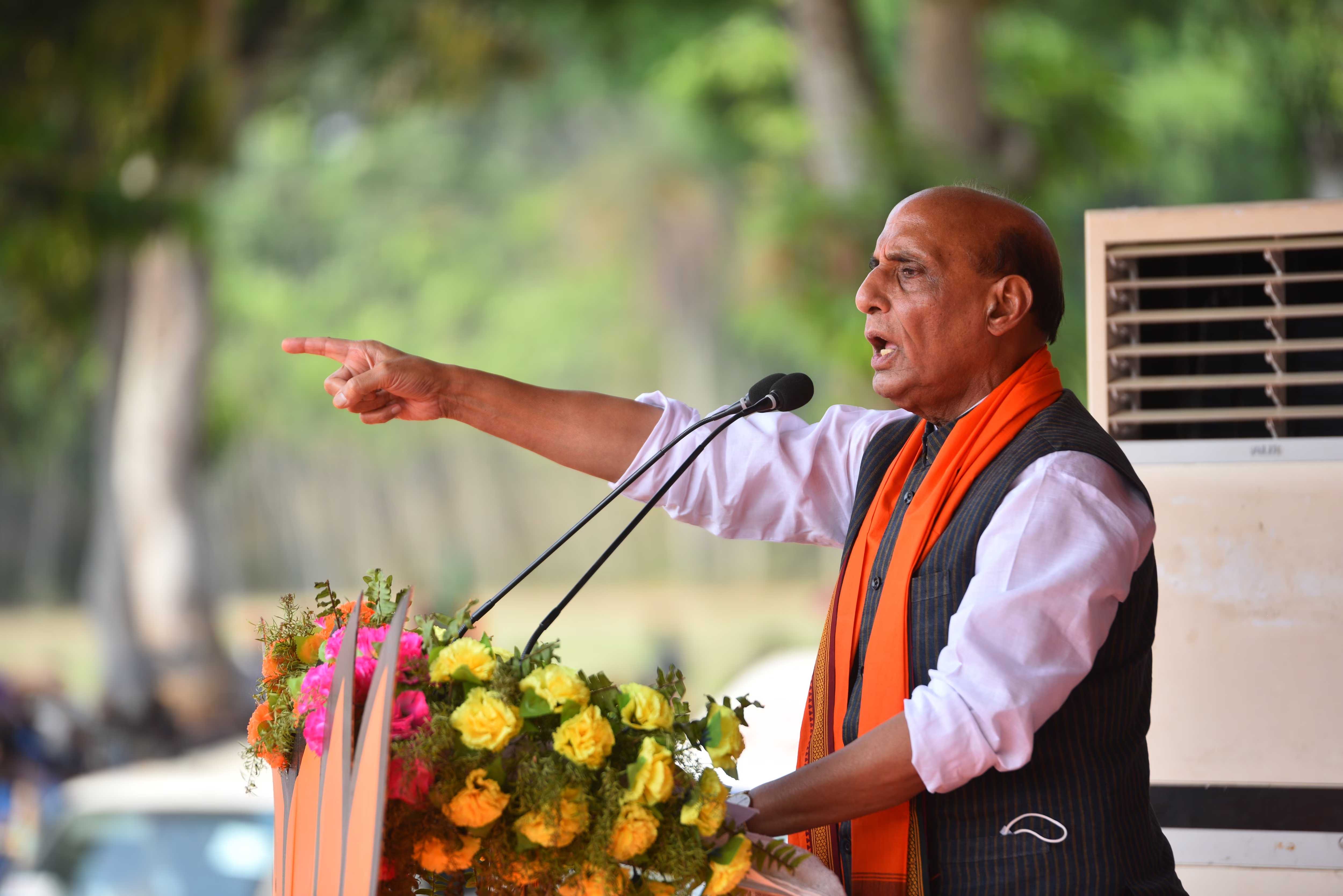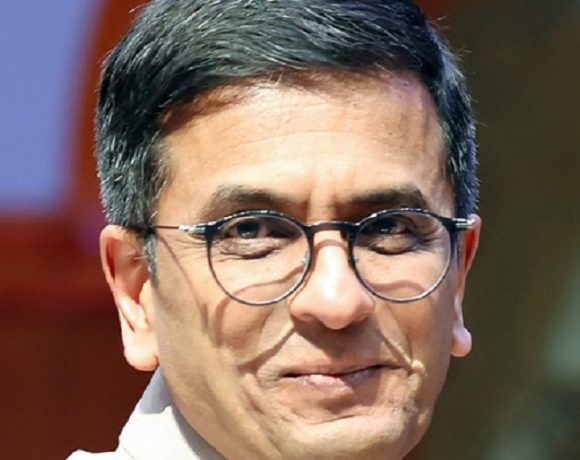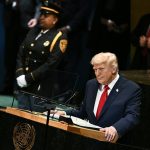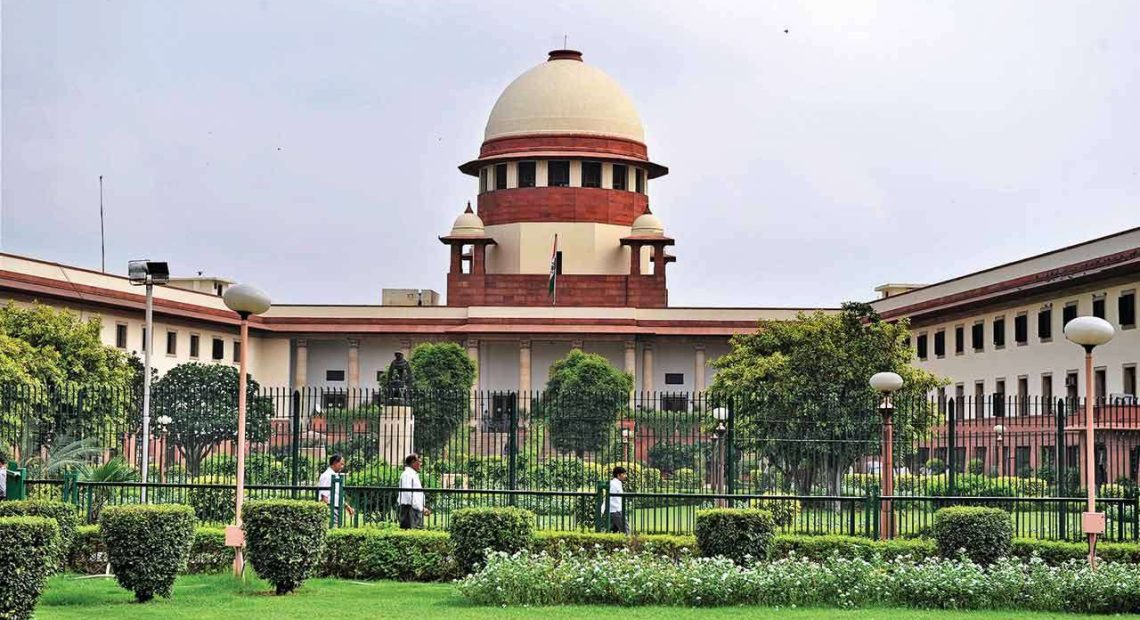
Supreme Court Hears Challenges to Waqf Amendment Act Amid Nationwide Protests
On April 16, 2025, the Supreme Court commenced hearings on a series of petitions challenging the constitutional validity of the Waqf (Amendment) Act, 2025. Among the petitioners are Congress MP Mohammad Jawed, AIMIM leader Asaduddin Owaisi, and the Communist Party of India. They contend that the amendments infringe on the autonomy of religious institutions and violate the fundamental rights of the Muslim community.
Controversial Provisions of the Act
Several provisions of the Act have sparked outrage among Muslim groups and opposition parties:
-
Inclusion of Non-Muslim Members: The amended Act permits the appointment of non-Muslims to Waqf Boards, a move seen as undermining the religious integrity and independent functioning of Waqf institutions.
-
Elimination of ‘Waqf by User’: Critics argue that the removal of this provision excludes those who have traditionally donated properties, particularly recent converts, from participating in Waqf-related endowments.
-
Powers to District Collectors: The Act empowers district collectors to determine the ownership of Waqf properties in cases of dispute, thereby sidelining Waqf Boards and raising fears of bureaucratic overreach.
-
Repeal of Section 107: Making the Limitation Act applicable to Waqf properties could hinder the ability of Waqf Boards to reclaim illegally encroached lands, especially if adverse possession claims are entertained.
Nationwide Protests Led by AIMPLB
The All India Muslim Personal Law Board (AIMPLB), led by General Secretary Maulana Fazlur Rahim Mujaddidi, has spearheaded large-scale protests across the country. Demonstrations, public meetings, and email campaigns have taken place in cities including Delhi, Mumbai, Hyderabad, and Patna. Protesters argue that the Act is both communal and authoritarian in nature.
Mujaddidi emphasized that over five crore emails were submitted opposing the bill, yet the government’s Joint Parliamentary Committee allegedly ignored these objections. He warned that the final version of the bill, rather than addressing concerns, has only become more regressive.
Political Fallout and Minority Concerns
The Act’s passage has deepened political fault lines, with the opposition accusing the ruling coalition of pushing a majoritarian agenda. The AIMPLB has also publicly condemned NDA allies like JD(U), TDP, and LJP (Ram Vilas) for backing the bill, accusing them of compromising on minority rights for political convenience.
Conclusion
As the Supreme Court continues to examine the legality of the Waqf (Amendment) Act, the case has become a flashpoint for larger debates on religious autonomy, minority rights, and the balance of power between community institutions and the state. The verdict is expected to have lasting implications for the governance of Waqf properties and the role of the judiciary in mediating such contentious legislation.


